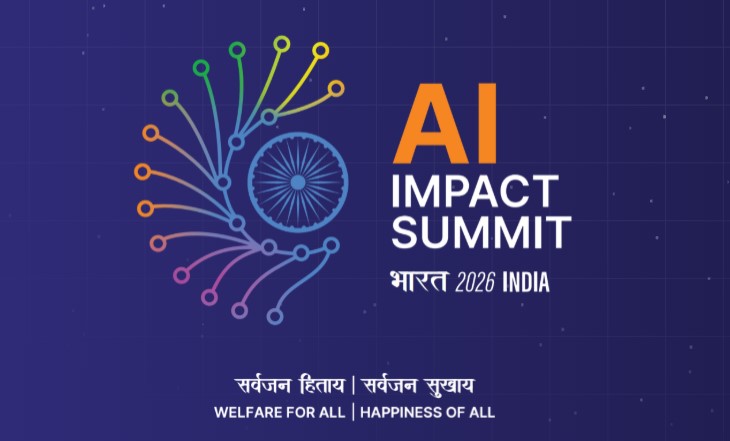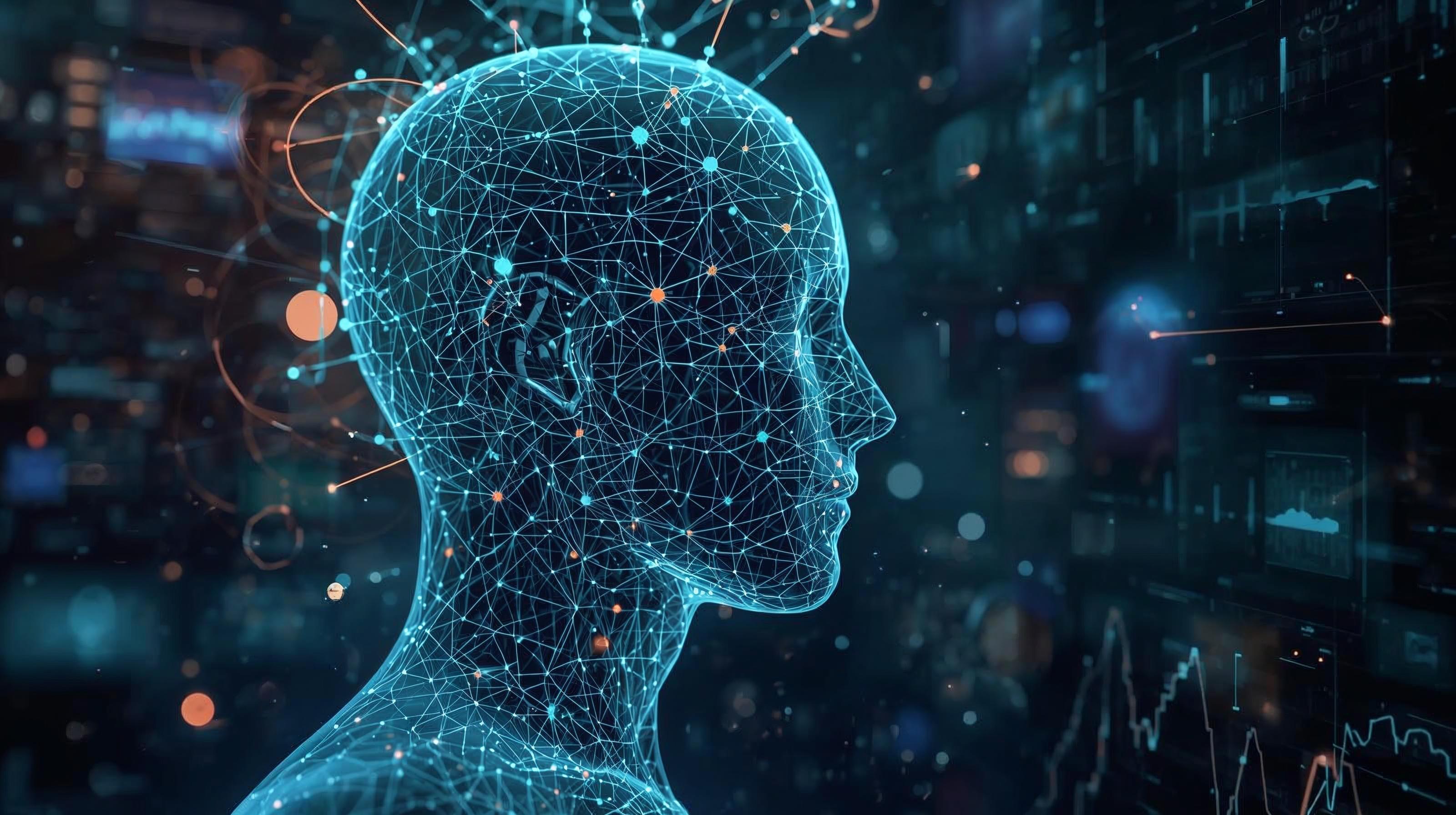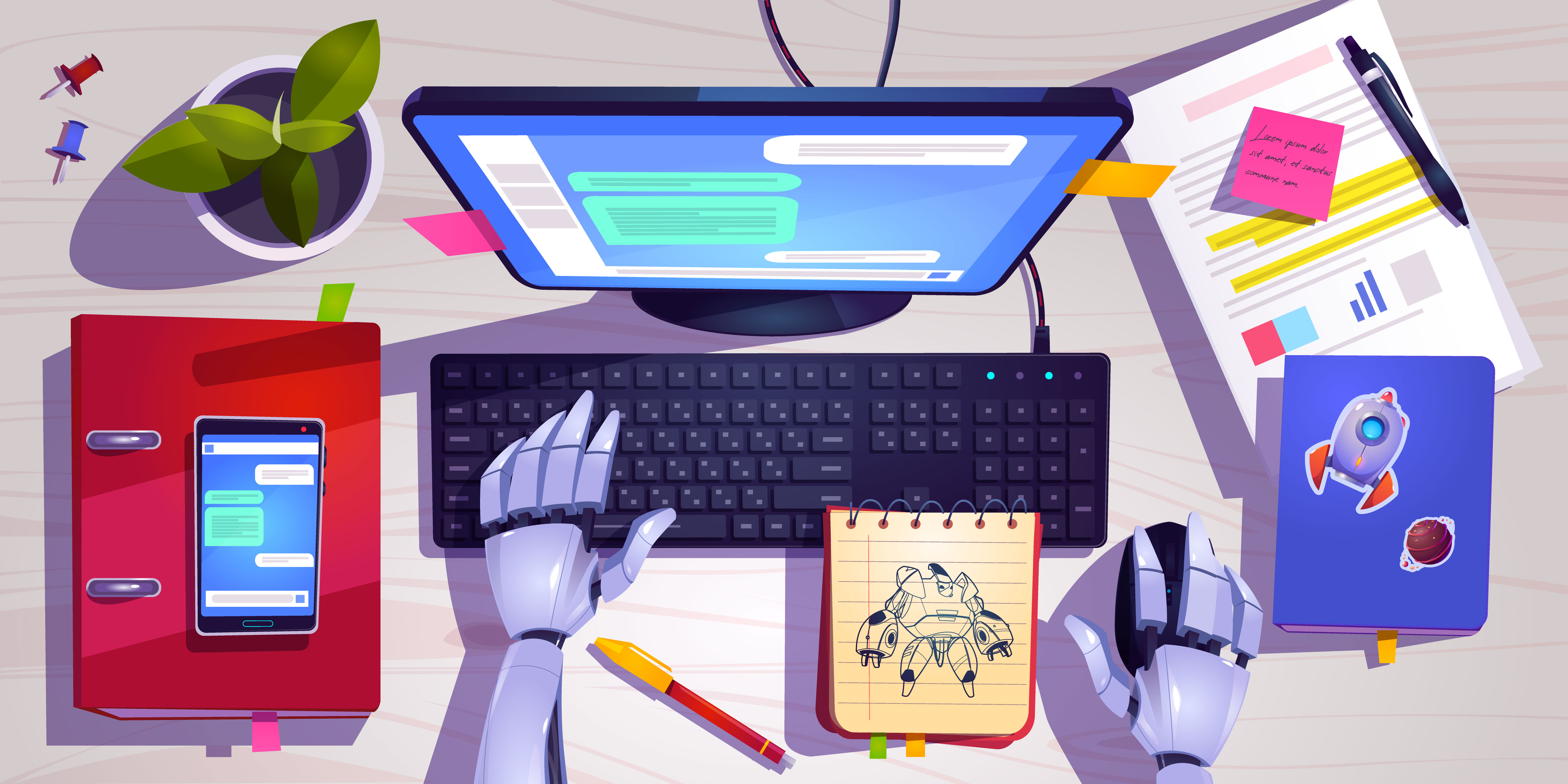Ericsson and Microsoft have integrated advanced 5G into Windows 11 to simplify secure enterprise laptop connectivity. The update embeds AI-driven 5G management, enabling IT teams to automate connections and enforce policy-based controls at scale.
The solution combines Microsoft Intune with Ericsson Enterprise 5G Connect, a cloud-based platform that monitors network quality and optimises performance. Enterprises can switch service providers and automatically apply internal connectivity policies.
IT departments can remotely provision eSIMs, prioritise 5G networks, and enforce secure profiles across laptop fleets. Automation reduces manual configuration and ensures consistent compliance across locations and service providers.
The companies say the integration addresses long-standing barriers to adopting cellular-connected PCs, including complexity and fragmented management. Multi-market pilots have preceded commercial availability in the United States, Sweden, Singapore, and Japan.
Additional launches are planned in 2026 across Spain, Germany, and Finland. Executives from both firms describe the collaboration as a step toward AI-ready enterprise devices with secure, always-on connectivity.
Would you like to learn more about AI, tech, and digital diplomacy? If so, ask our Diplo chatbot!










